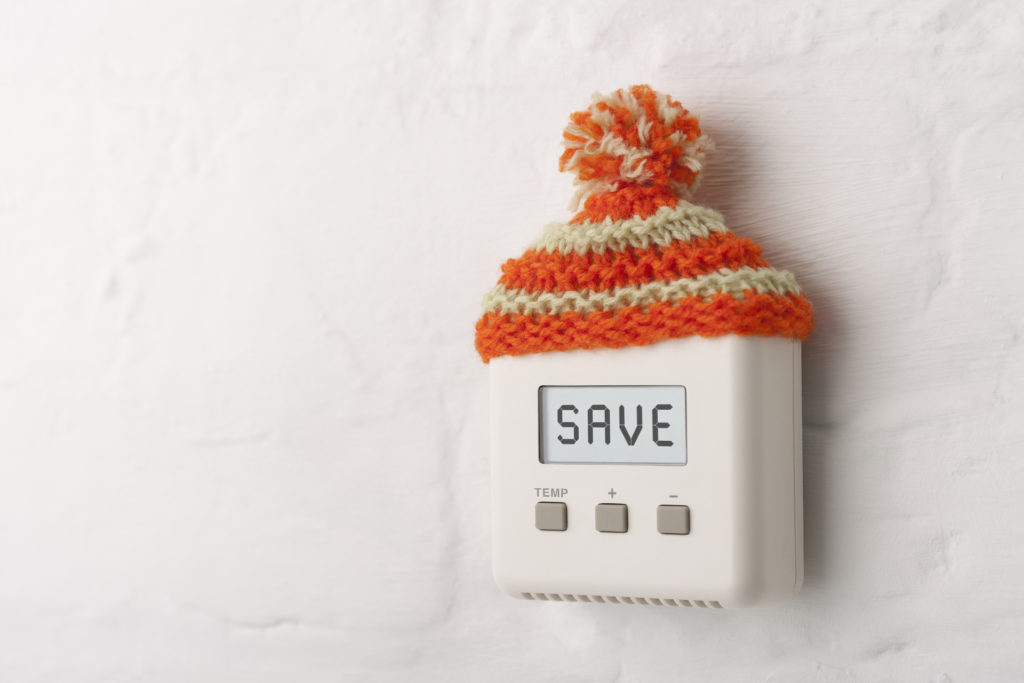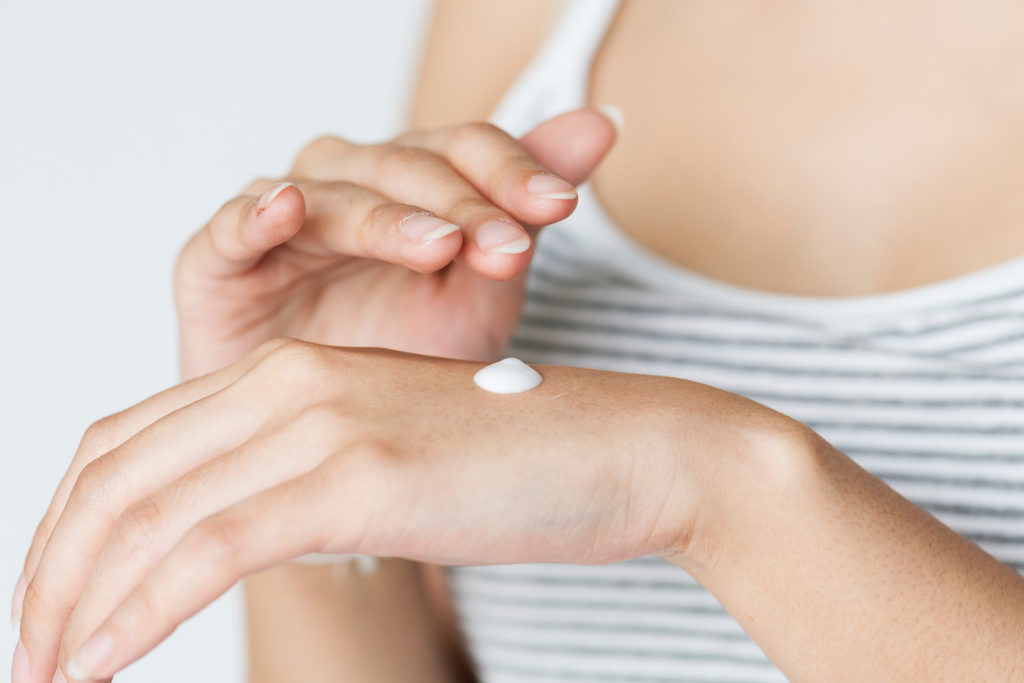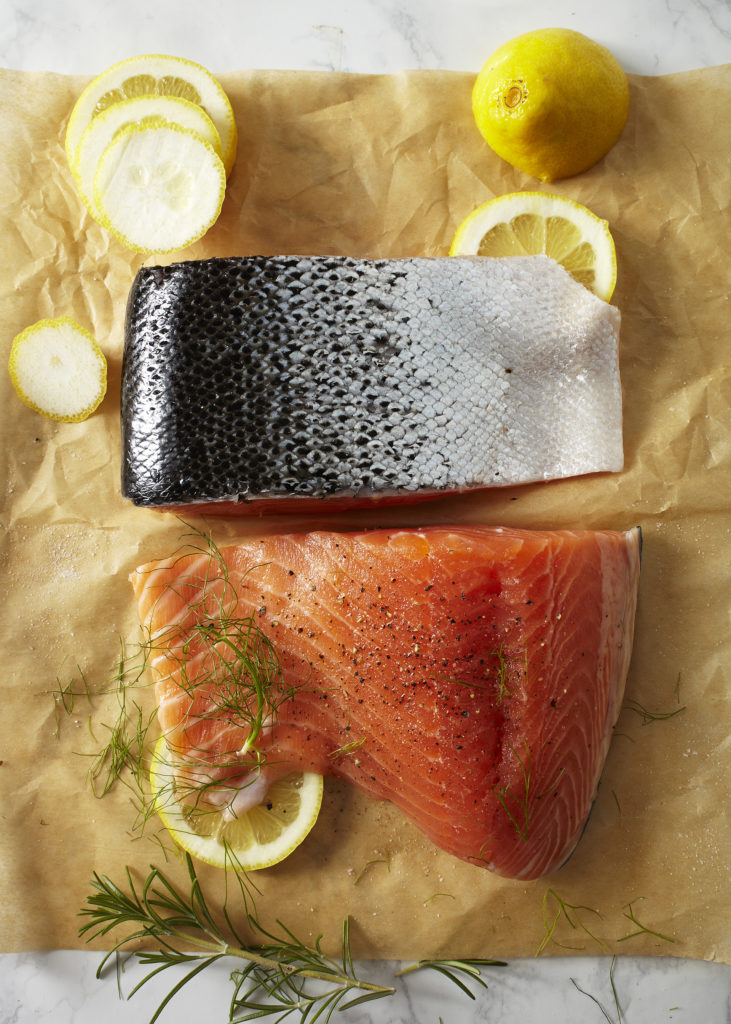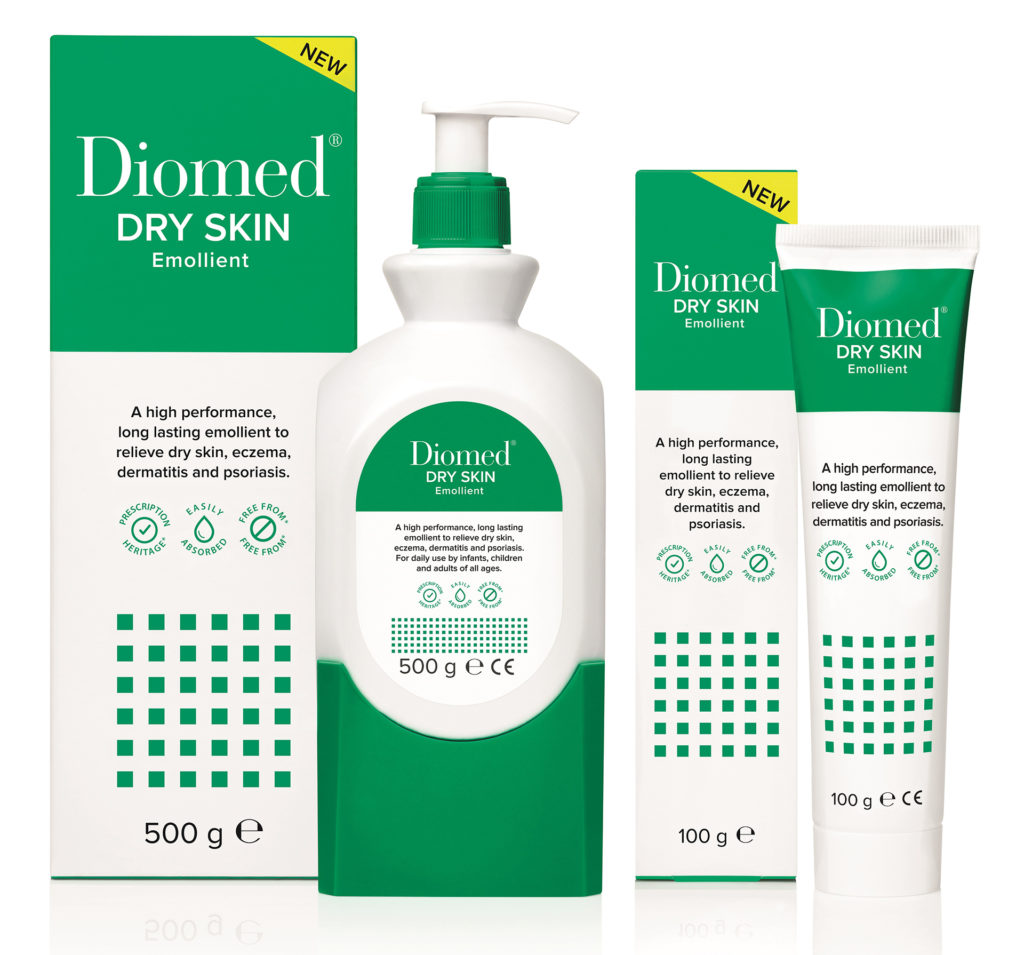How To Avoid Eczema Flare Ups In Winter

With up to 15 million people estimated to be living with eczema in the UK, where the average winter temperature falls to a chilly 2-7°C, GP Dr Roger Henderson offers some simple skincare tips to help sufferers manage their eczema as the seasons transition.
As the seasons change, your skin care, just like your wardrobe, needs a seasonal update. This is particularly true for eczema sufferers, as changes in temperature and climate can trigger flare ups. During the Autumn and Winter months, the air becomes colder and drier than usual, with wind and low humidity extracting moisture from the air – even when the weather is wet. As a result, eczema sufferers may find skin flares up more frequently or symptoms worsen, leading to dry, chapped skin that flakes, cracks or even bleeds.
Just a few simple steps can help minimise the impact of weather-induced flare up this winter, so take heed and take action:
1 Don’t crank up the central heating
As the temperature plummets, it can be tempting to turn the thermostat all the way up, but central heating reduces humidity and can dry out the skin. To help prevent problem dry skin from losing moisture, keep your home at a comfortable temperature of around 20°C and turn the radiators down low at night to prevent overheating.
Top tip: to add moisture back into the air, consider using a humidifier in your home – just remember to clean it regularly to avoid bacteria and mould growing.
2 Focus on fibres for your winter wardrobe
While the high street is full of cosy knitwear and woolly jumpers during the chilly winter months, for eczema sufferers the lure of a cuddly jumper can spell danger, with man-made fibres like nylon and polyester and some forms of wool being known irritants.
Opt instead for cotton, which allows the skin to breathe, or look for a superfine Merino wool, which studies suggest can help to stabilise the humidity levels and temperature of the micro-climate between the fabric and the skin.
3 Layer up!
Prevent overheating and sweating (which can trigger the itch/scratch cycle) by instead wearing layers of breathable cotton clothing, rather than just one heavy jumper. This way, you can easily adjust your body temperature to the environment around you.
In particular, hands are often more susceptible to flare ups, making extra protection in winter important. However, as gloves are often made from irritating fabrics, consider wearing cotton or silk gloves underneath your outdoor gloves to avoid irritation.
4 Moisturise. Then moisturise some more!
Moisturising is vital to managing eczema. To keep skin hydrated, use an emollient, such as Diomed Dry Skin, generously and regularly, even when skin doesn’t feel particularly dry. It will improve the condition of your skin and reduce itching.
Available over the counter, Diomed Dry Skin emollient is a clinically proven, long-lasting treatment for the everyday relief of problem dry skin, including eczema, dermatitis and psoriasis. Its unique gel formulation helps soften, moisturise and protect the skin by trapping moisture and restoring its natural protective barrier. Diomed Dry Skin emollient is free from steroids. It’s also free from SLS, colourings and parabens, which are known to aggravate problem dry skin.
Top tip: Applying an emollient immediately after a bath or shower will help to trap moisture in the skin. And remember to pat (not rub) the skin dry before applying as rubbing can cause irritation.
5 Keep skin dry
Damp clothes can wreak havoc with eczema prone skin, so if you find yourself caught in a downpour or have been enjoying some fun in the snow, take off wet clothing as soon as possible. Soothe skin by taking a short bath or shower in lukewarm (not hot) water and moisturise again before changing into something dry.
6 Ditch refined sugars
As the seasons change, we tend to switch up our diet from light summer dishes to warming, hearty meals, such as indulgent stews and rich casseroles. And while everyone’s triggers can vary, it’s important to be aware that there are a number of foods which are recognised as common irritants, including dairy products, eggs, nuts and seeds, soy products, and wheat.
To avoid a flare-up, follow a balanced diet and avoid drinking too much alcohol – particularly during the festive season – as this can dehydrate you and upset your skin.
In addition, diets high in sugar and refined carbohydrates result in elevated insulin levels. This in turn promotes inflammation, which can be a key component in the development of eczema.
Try to avoid sweet treats, and instead opt for wholegrain carbohydrates, protein and plenty of vegetables to help keep insulin levels down. Essential fats, such as those found in oily fish, also play an important role in maintaining skin health and can help to reduce inflammation.
7 Stay hydrated from the inside out
While it’s easy to keep up our water intake during the hot summer months, this can be more challenging in winter. To keep skin hydrated from the inside out, aim to drink at least eight glasses of water or the equivalent per day. The good news is, this can include warming winter beverages such as cups of tea, coffee, soups, hot water and lemon and even hot chocolate (!), so you can stay toasty, while keeping your skin hydrated!
For further information and expert advice on managing eczema and problem dry skin conditions, visit www.diomed.co.uk.










